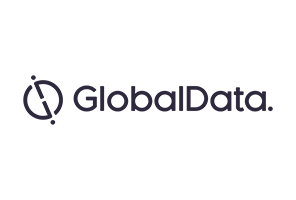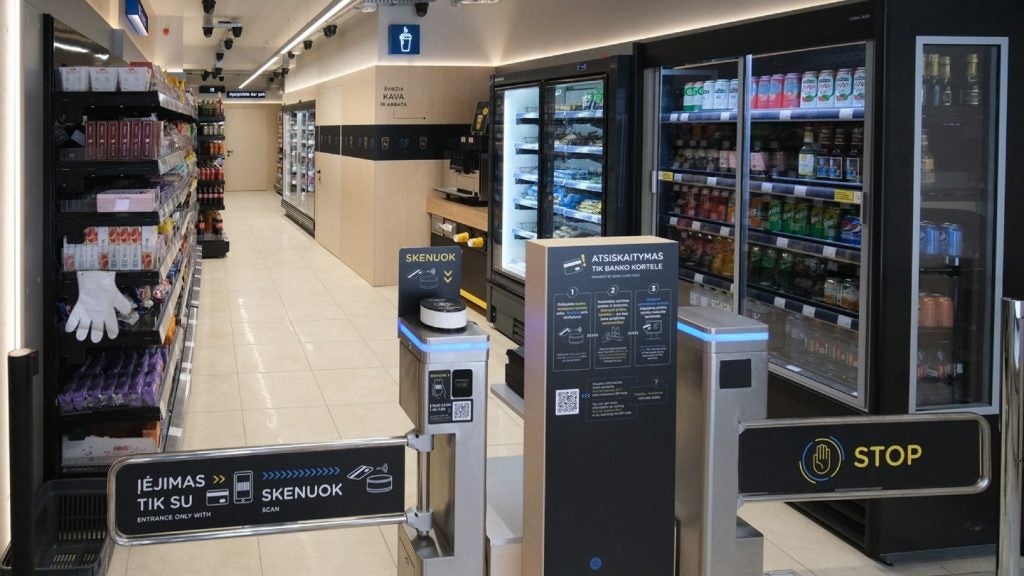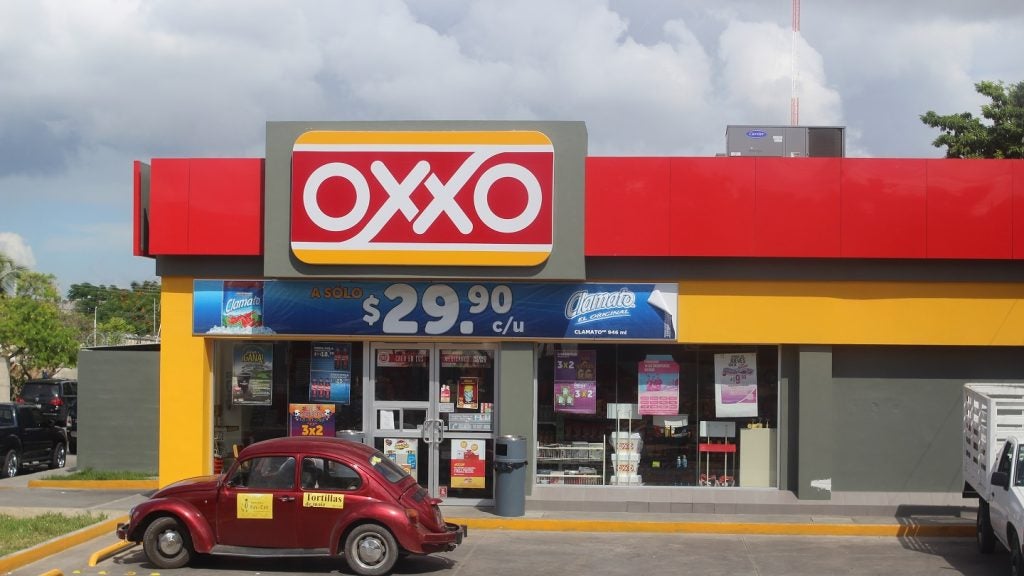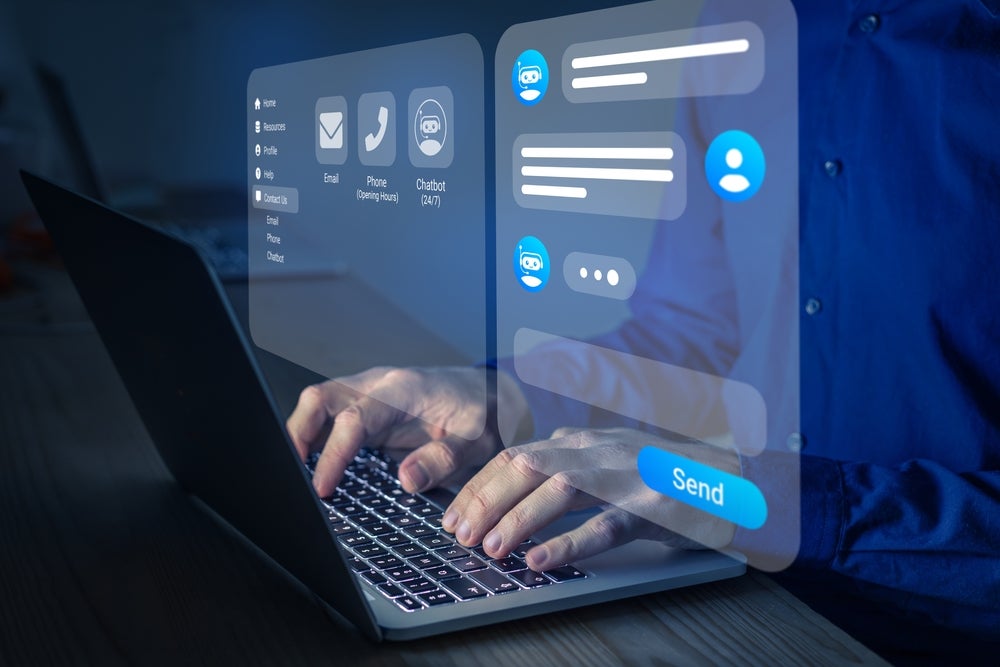
The introduction of the 5G network standard in 2020 has the potential to drive game-changing enhancements to customer shopping journeys by unlocking the potential of virtual reality, AI learning and wearable technologies.
5G will be capable of providing phenomenal download speeds of up to 10,000 Mbps, dwarfing not only the speed of 4G, whose fastest available speed in the UK is 28Mbps, but also home broadband which is currently only available at up to 300Mbps. It also offers much lower latency – the delay between data requests from devices – which is becoming increasingly important as there will be more than 34 billion connected devices and systems in the world within the next three years according to Intel.
Enhanced virtual reality
According to Goldman Sachs, the global virtual and augmented reality market is forecast to grow to be worth $80bn by 2025. Virtual reality has the potential to become a disruptive force within the retail industry, with innovative retailers utilising the technology to create personalised shopping experiences for consumers. For example, in April 2016 IKEA piloted its first virtual reality app, allowing users with a HTC Hive headset to explore three differently-styled kitchen room settings. More recently, the Swedish furnishing retailer also launched an online virtual reality store in Australia; allowing users to browse through a wider variety of furnishing products at home either through their smartphone (mobile VR headset) or desktop, mimicking the instore experience.
5G’s ultra-fast speeds will offer smoother and less frustrating VR experiences as buffering/lags (in features and content) are eliminated. It will also allow users to browse, purchase, save and receive notifications on products they are interested in (within a virtual store) more quickly at home.
5G also proposes to vastly improve the quality of the VR content. Japanese telecommunications firm NTT DOCOMO successfully trialled live streaming an 8K video of 48 Gbps with Nokia. This will benefit retailers that use VR to showroom their products in a virtual store, as consumers will be able to view displayed items more clearly.
How well do you really know your competitors?
Access the most comprehensive Company Profiles on the market, powered by GlobalData. Save hours of research. Gain competitive edge.

Thank you!
Your download email will arrive shortly
Not ready to buy yet? Download a free sample
We are confident about the unique quality of our Company Profiles. However, we want you to make the most beneficial decision for your business, so we offer a free sample that you can download by submitting the below form
By GlobalDataSee Also:
Improved AI learning capabilities
Artificial intelligence tools, such as chatbots or virtual personal assistants are currently being used by innovative retailers to improve their customer service. H&M’s Kik chatbot, for example, makes apparel suggestions based on the consumer’s preferences. Shoppers are presented with images of various different outfits, including questions about their style type for example, to suggest items which can be purchased or saved for later.
With 5G, consumers would be able to connect, receive and download information (those obtained online, for example store locations) from AI assistants at phenomenal speeds on the go. Retailers will also benefit as more consumers utilise these tools, enabling assistants to process greater amounts of data to allow for more accurate personalised recommendations for the future.
Greater wearable device capabilities
According to GlobalData, the smartwatch and fitness band category is expected to grow by 64.4% between 2016 and 2021 in the UK. 5G promises a whole new approach to wearable connectivity as it will allow the high-speed transfers of data at ultra-low latencies.
Wearables will automatically connect with stores that utilise beacon technology allowing consumers to receive push notifications with personalised deals, which will boost sales and make store visits more tailored to their needs.
In addition, through the development of indoor navigation apps that utilise computer vision technology to precisely track users’ movements, super-fast download speeds will mean, shoppers will also be able to use their wearables to navigate across large stores or malls.









Related Company Profiles
5G LLC
Ai Holdings Corporation
IKEA A/S
NTT DOCOMO Inc
Nokia Corp